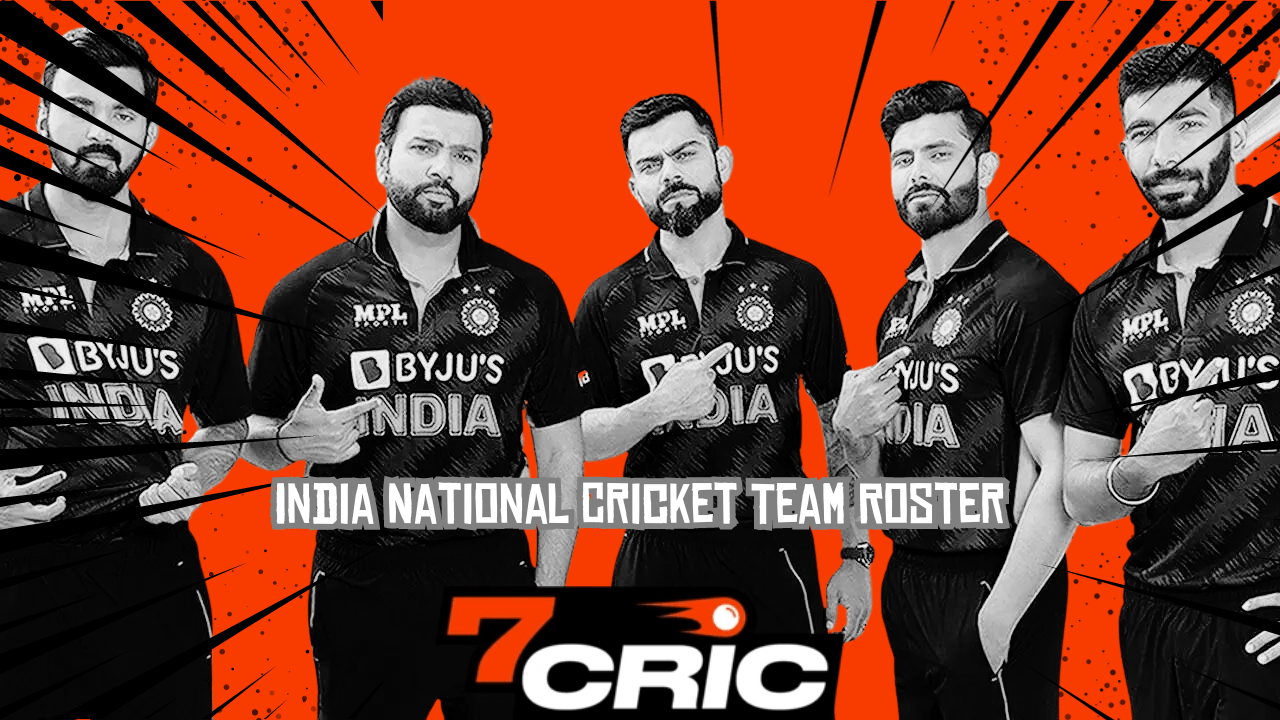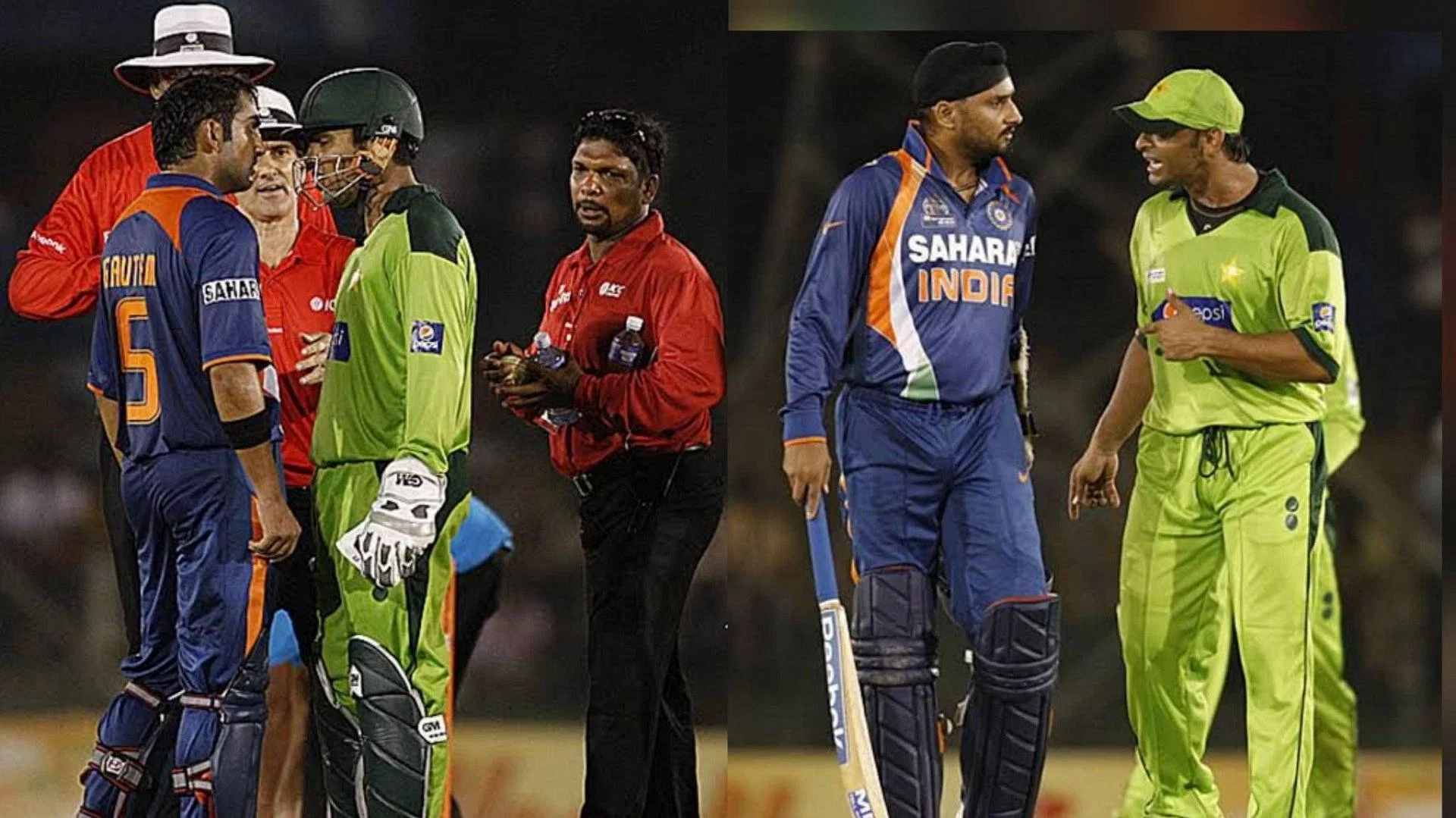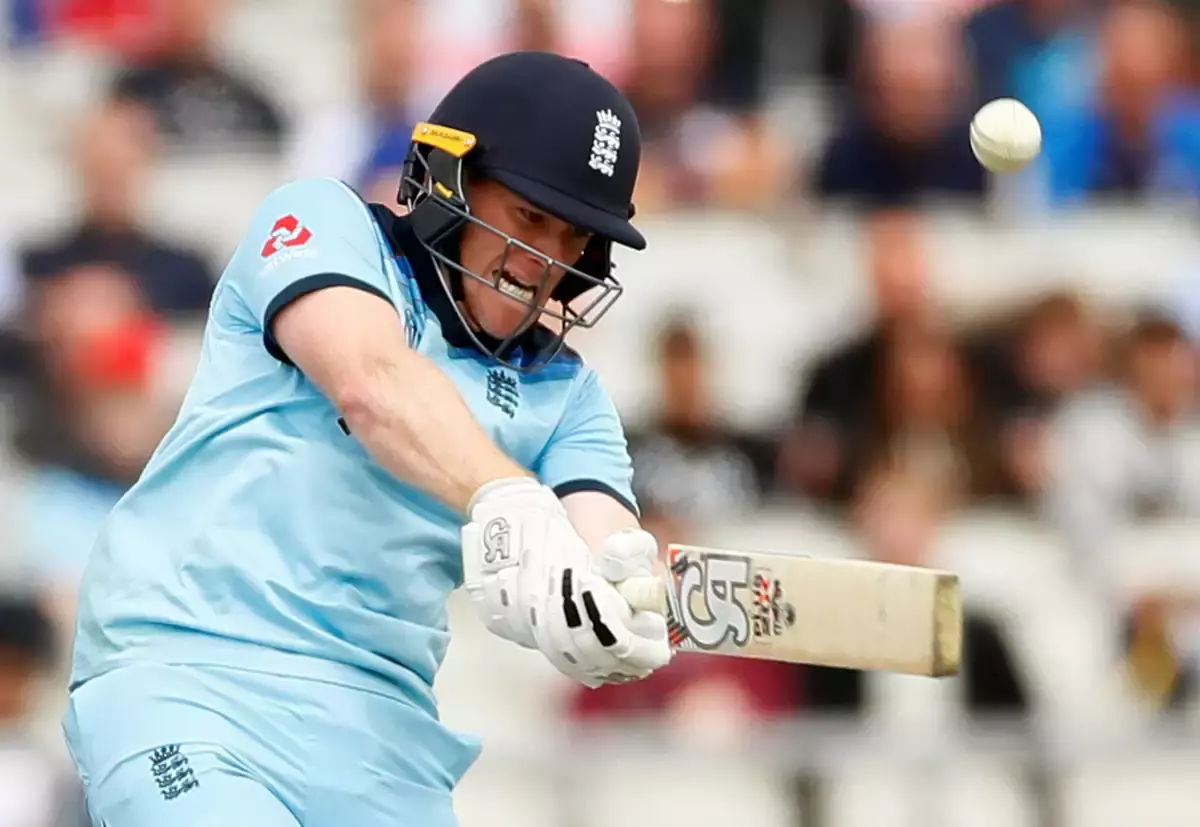What role does a match referee play in the game of cricket? This question prompts an exploration into the function and significance of match referees in maintaining fair play, resolving conflicts, and safeguarding the integrity of the sport.
Through their impartial decision-making and enforcement of rules, match referees contribute to upholding sportsmanship and ensuring a level playing field for all participants.
Understanding the responsibilities and impact of match referees on cricket can shed light on the intricate dynamics that govern this beloved sport.
- The role of a match referee in cricket is to oversee player conduct and ensure compliance with rules and regulations.
- Match referees have the authority to make disciplinary decisions and take necessary actions for misconduct, including issuing verbal warnings, imposing fines, suspensions, and bans.
- They are responsible for maintaining discipline on the field, monitoring player behavior, and enforcing playing conditions.
- Match referees play a crucial role in upholding fair play and sportsmanship, resolving conflicts, and maintaining a fair and sportsmanlike environment in cricket.
Role and Responsibilities of a Match Referee
The role and responsibilities of a match referee in cricket encompass overseeing the conduct of players, ensuring compliance with rules and regulations, and making decisions on disciplinary matters.
The match referee acts as the impartial authority who upholds the integrity of the game by enforcing the code of conduct among players.
They are responsible for maintaining discipline on the field and taking necessary disciplinary actions when required.
Disciplinary actions taken by match referees can range from issuing verbal warnings or reprimands to imposing fines, suspensions, or even bans on players involved in misconduct. These actions serve as deterrents against unsportsmanlike behavior and uphold fair play in cricket.
In addition to managing disciplinary matters, match referees also play a crucial role in ensuring compliance with rules and regulations during matches.
They monitor player behavior both on and off the field, enforce playing conditions, assess penalties for rule violations such as ball tampering or time wasting, and make decisions regarding rain delays or bad light interruptions.
Ensuring Fair Play and Sportsmanship
To ensure fair play and sportsmanship, the match referee oversees adherence to the rules and regulations. The role of the match referee in cricket is crucial in maintaining discipline on the field and upholding the integrity of the game. One aspect of their responsibility is monitoring player behavior and enforcing a strict code of conduct.
The match referee ensures that players conduct themselves in a manner befitting the spirit of cricket. They closely observe player interactions, ensuring that there are no instances of verbal or physical abuse towards opponents or officials. In case of any misconduct, they have the authority to impose penalties such as fines, suspensions, or even bans.
In order to provide a comprehensive understanding of how player behavior is monitored and regulated, let us consider a table highlighting some key aspects related to this topic:
| Player Behavior | Code of Conduct |
|---|---|
| Verbal Abuse | No sledging or use of offensive language |
| Physical Altercations | Strict prohibition on physical contact with opponents |
| Dissent | Respectful interaction with umpires‘ decisions |
By strictly enforcing these rules and regulations, referees contribute significantly towards maintaining an atmosphere conducive to fair play and sportsmanship.
This emphasis on player behavior sets the stage for effective decision-making and conflict resolution during matches.
Referees must possess strong decision-making skills while also being adept at resolving conflicts that may arise between players or teams.
By fostering an environment where disputes can be resolved amicably, referees contribute to an overall positive experience for everyone involved in the game.
Decision-Making and Conflict Resolution
Considering the importance of effective decision-making and conflict resolution, referees play a crucial role in maintaining a fair and sportsmanlike environment during matches.
In cricket, match referees are responsible for overseeing the conduct of players and officials on the field, ensuring that the laws of the game are upheld, and resolving conflicts that may arise during play.
Decision-making is a key aspect of their role as they are entrusted with making impartial judgments on various matters such as appeals for dismissals, disciplinary actions, and other contentious issues.
Referees must possess a deep understanding of the rules and regulations governing cricket to make informed decisions.
Their objective approach helps maintain fairness and integrity in the game by minimizing biases or favoritism. Conflict resolution is another vital skill required by referees as disputes between players or teams can escalate tensions on the field.
By intervening promptly and effectively addressing conflicts, referees contribute to diffusing potentially volatile situations.
The impact of match referees on the integrity of cricket goes beyond mere decision-making or conflict resolution.
These officials serve as custodians of fair play values within the sport. Their presence ensures that players compete within established boundaries while upholding ethical standards.
The influence they exert extends far beyond individual matches; it shapes perceptions about cricket’s integrity at large.
Transitioning into ‘the impact of match referees on the integrity of cricket,’ it becomes evident that their role extends beyond immediate decision-making and conflict resolution to safeguarding broader principles.
The Impact of Match Referees on the Integrity of Cricket
Transitioning into the impact of match referees on the integrity of cricket, it is evident that their role extends beyond immediate decision-making and conflict resolution.
Match referees play a crucial role in maintaining the integrity of the game by actively participating in match fixing prevention and code of conduct enforcement.
One key area where match referees contribute to the integrity of cricket is in preventing match fixing. Match fixing, where players intentionally manipulate the outcome of a game for personal gain, poses a significant threat to the integrity of cricket.
Match referees work closely with anti-corruption units to ensure that matches are played fairly and free from any attempts at manipulation.
They monitor suspicious activities during games, investigate potential breaches, and take necessary actions against individuals found guilty.
Another important aspect of a match referee’s role is enforcing the code of conduct. The International Cricket Council (ICC) has laid down specific guidelines regarding player behavior both on and off the field.
Match referees have the responsibility to ensure that these guidelines are followed strictly by all players involved in a match.
They impose penalties for misconduct such as verbal abuse, physical altercations, or dissent against umpires’ decisions.
By enforcing these rules consistently, they contribute towards creating an environment that upholds fair play and respect for both opponents and officials.
Conclusion of Match Referee
The role of a match referee in cricket encompasses various responsibilities, including ensuring fair play and sportsmanship, making crucial decisions, and resolving conflicts.
Match referees play a significant role in maintaining the integrity of the game by upholding rules and regulations. Their impartiality and expertise contribute to the smooth conduct of matches.
Through their diligent efforts, match referees help create an environment that fosters healthy competition and upholds the spirit of cricket.
In conclusion, match referees are essential figures in cricket who contribute to the fair and harmonious execution of the sport.
Frequently Asked Questions: Match Referee
How are match referees selected for international cricket matches?
Match referees for international cricket matches are selected by the International Cricket Council (ICC) based on their experience and knowledge of the game. Their responsibilities include enforcing rules, managing player behavior, and ensuring fairness during the match.
What qualifications or experience are required to become a match referee?
The match referee role in cricket requires individuals to possess certain qualities and responsibilities. Qualifications typically include a thorough understanding of cricket rules, experience as a player or umpire, and the ability to make fair and unbiased decisions.
How do match referees handle situations where players dispute their decisions?
In handling situations where players dispute their decisions, match referees play a crucial role. They objectively assess the situation, consider the rules and regulations, consult with umpires if necessary, and make a final decision to maintain fairness and uphold the integrity of the game. Player reactions are taken into account but do not solely determine the outcome.
Are match referees responsible for monitoring and enforcing player behavior off the field?
Match referees in cricket are responsible for monitoring and enforcing player conduct both on and off the field. They have the authority to take disciplinary actions against players who engage in behavior that violates the rules or spirit of the game.
Do match referees have any influence on the outcome of the match, such as changing the result or altering the score?
Match referees do not have the authority to directly influence the outcome of a cricket match or alter the score. However, they play a crucial role in maintaining fair play by monitoring and enforcing player behavior on and off the field.











